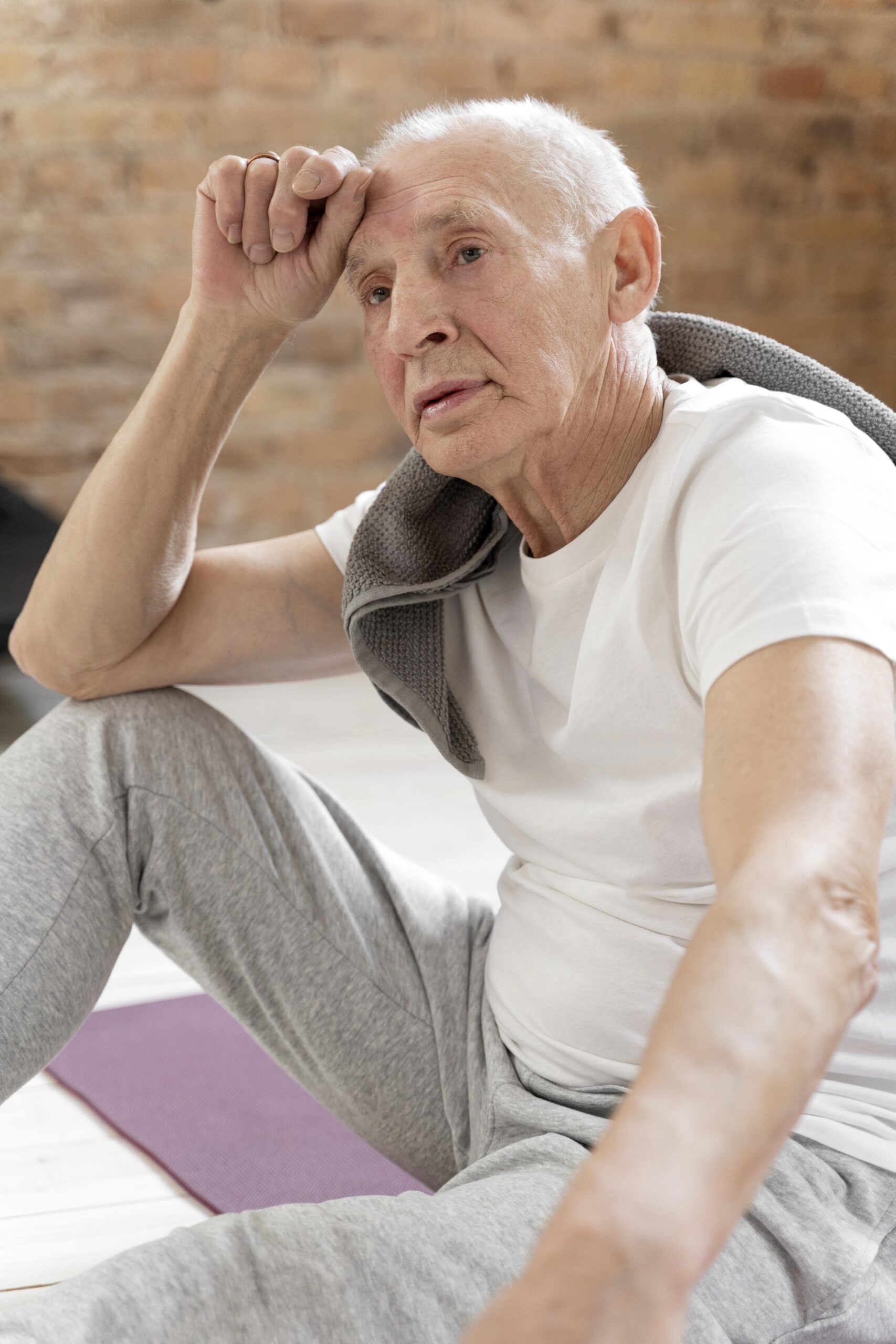Parkinson's Disease Research Study
Researchers at the University of Nevada, Las Vegas are exploring the biological basis for exercise neuroprotection in Parkinson’s disease.

Fast Facts

Diagnosed with Parkinson's Disease

Ages 30-85

Compensation Provided

Conducted in Las Vegas, NV
Study Background
UNLV is studying how exercise affects inflammation in people with Parkinson’s disease (PD).
This study will explore the relationships of exercise on inflammation in the body in healthy adults and people with PD. Neuroinflammation is the main pathological mechanism that is responsible for neuron cell death in this neurodegenerative disease. As PD is a progressive disease, halting or slowing the degeneration (known as neuroprotection) is an important research target.
Exercise is an attractive therapeutic treatment for people with PD due to its multi-systemic benefits. Also, there is evidence to suggest that exercise helps improve symptoms and may slow the progression of the disease. Exercise has been theorized to decreased inflammation and, therefore, has a lot of promise as a neuroprotective agent in slowing or halting the degeneration in PD.
Participants will attend two study visits, which include exercise history, PD-specific questionnaires, motor performance tests, and blood draws. Participants will be randomized into one of two exercise conditions and will be asked to exercise for 30 minutes. At the following visit, participants will complete the other exercise intensity.

Study Background
UNLV is studying how exercise affects inflammation in people with Parkinson’s disease (PD).

This study will explore the relationships of exercise on inflammation in the body in healthy adults and people with PD. Neuroinflammation is the main pathological mechanism that is responsible for neuron cell death in this neurodegenerative disease. As PD is a progressive disease, halting or slowing the degeneration (known as neuroprotection) is an important research target.
Exercise is an attractive therapeutic treatment for people with PD due to its multi-systemic benefits. Also, there is evidence to suggest that exercise helps improve symptoms and may slow the progression of the disease. Exercise has been theorized to decreased inflammation and, therefore, has a lot of promise as a neuroprotective agent in slowing or halting the degeneration in PD.
Participants will attend two study visits, which include exercise history, PD-specific questionnaires, motor performance tests, and blood draws. Participants will be randomized into one of two exercise conditions and will be asked to exercise for 30 minutes. At the following visit, participants will complete the other exercise intensity.

Additional Information
The purpose of this study is to explore the relationships of exercise on inflammation in the body in healthy adults and people with Parkinson’s disease.
You may qualify for this study if you meet the following criteria.
Inclusion Criteria:
- Ages 30-85
- Diagnosed with Parkinson’s disease
- Ability to participate in 30 minutes of continuous moderate aerobic exercise with 2-3 short breaks
- No dementia diagnosis
- No health diagnosis that would limit exercise participation (e.g., heart arrythmias, uncontrolled blood pressure, exercise-induced asthma)
Once enrolled, this study involves:
- Test Day 1 (approximately 125 minutes):
- Completing Physical Activities Readiness Questionnaire+, demographic data, exercise history, PD specific questionnaires, blood draws
- Being randomized into one of two exercise conditions (vary in intensity)
- Wearing a heart rate monitor
- Exercising at the prescribed intensity on a treadmill or stationary bike for 30 minutes consecutively (allowed 2-3, 3-minute breaks)
- Completing a blood draw 30 minutes after exercising
- One week between testing days
- Wearing an ActivPal physical activity monitor for 7 consecutive days until the next testing day
- Test Day 2 (approximately 105 minutes):
- Removing the ActivPal
- Completing a blood draw
- Exercising at the other intensity on a treadmill or stationary bike for 30 minutes consecutively (allowed 2-3, 3-minute breaks)
- Completing a blood draw 30 minutes after exercising
Compensation is provided in the form of Visa gift cards up to $100 for your participation ($50 for completing all procedures on Test Day 1, and $50 at the end of Test Day 2).
There is no cost for you to participate in our research study.
